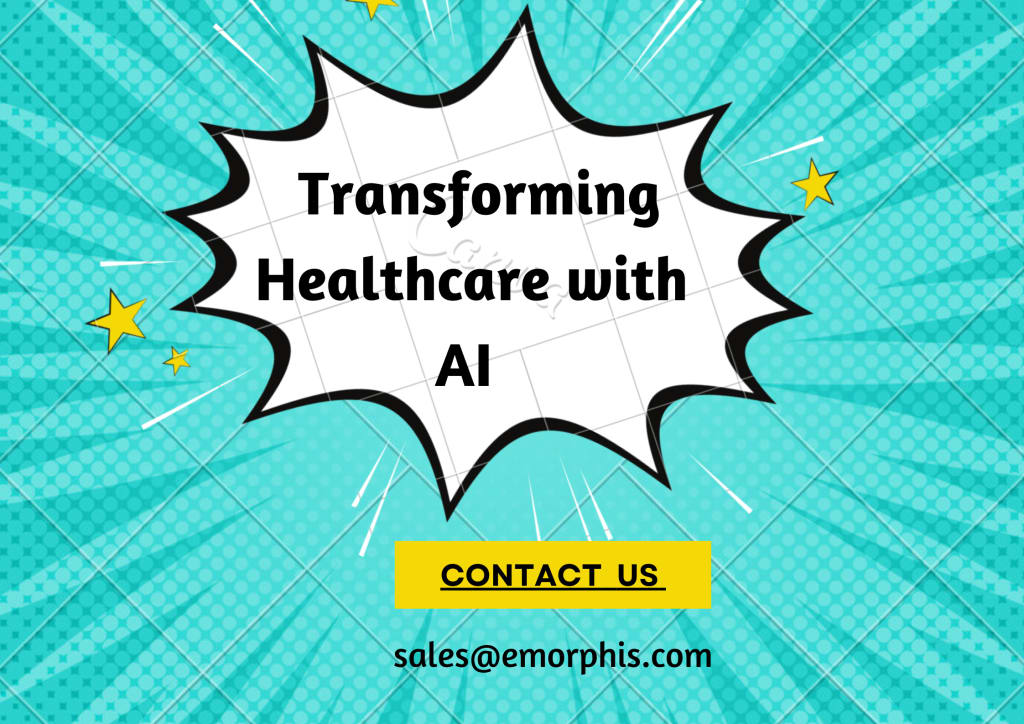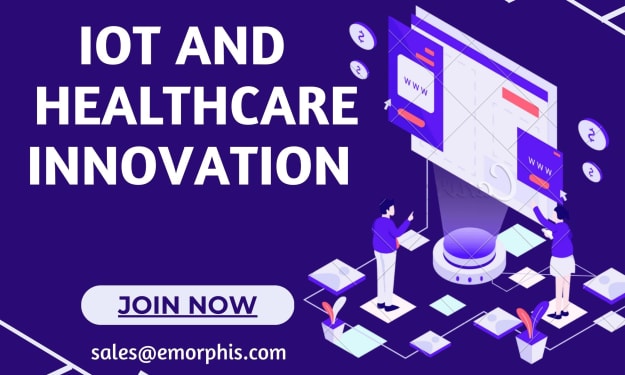Transforming Healthcare with AI
AI

Digital Health and Artificial Intelligence
Digital health and artificial intelligence (AI) are two rapidly developing technologies that are transforming healthcare. Digital health technology refers to the use of digital information and communication technologies to store, retrieve, transmit and manipulate health data, while AI is a form of computer technology that enables machines to learn and make decisions on their own.
Digital health technology is revolutionizing the way healthcare is delivered and managed. It is enabling healthcare providers to better manage their patients’ health data, track their progress, and provide personalized care. Digital health technology is also making healthcare more efficient and cost-effective. For example, it can help healthcare providers identify potential problems before they become serious, allowing them to intervene earlier and more effectively.
AI is also having a major impact on healthcare. AI can analyze large amounts of data to identify patterns and trends, making it easier for healthcare providers to diagnose and treat patients. AI can also be used to automate mundane tasks, such as scheduling appointments or filling out forms, freeing up time for healthcare providers to focus on more important tasks.
The combination of digital health and AI is transforming the healthcare landscape. Digital health technology is making it easier for healthcare providers to manage their patients’ health data, while AI is making it easier for healthcare providers to make more informed decisions.
Digital health technology is being used to store patient data, monitor health conditions, and provide personalized recommendations to patients. This data can be used to improve the accuracy of diagnoses and to customize treatments. AI can be used to analyze the data and identify patterns that can be used to predict outcomes, detect anomalies, and provide insights into patient behaviour.
AI can also be used to automate certain tasks and make recommendations to healthcare providers. For example, AI can be used to detect signs of illness or to suggest a personalized treatment plan. AI can also be used to improve the accuracy of medical diagnoses and to identify potential drug interactions.
The combination of digital health and AI is leading to better healthcare outcomes for patients. By providing healthcare providers with better access to patient data and more accurate diagnosis and treatment options, digital health and AI are helping to reduce the cost of healthcare, improve patient outcomes, and reduce medical errors.
The potential for artificial intelligence in healthcare
The potential for artificial intelligence (AI) in healthcare is tremendous. AI can help healthcare providers improve accuracy and efficiency, reduce costs, and make better decisions. AI-driven technologies can aid in diagnostics and medical treatments, automate complex processes, and provide personalized care. AI can also be used to help identify patterns in medical data, allowing for more accurate diagnoses and improved patient outcomes.
AI-driven technologies can also be used to optimize administrative processes, such as scheduling and billing. AI-enabled robots can assist with patient care and monitor vital signs, which can help free up time for healthcare workers to focus on more complex tasks.
AI can also be used to help identify and predict disease outbreaks, improve patient monitoring, and enhance health outcomes. AI-driven technologies can be used to analyze large amounts of medical data quickly and accurately, helping to identify potential problems before they become full-blown diseases.
The potential for AI in healthcare is vast, and the possibilities are only beginning to be explored. As AI-driven technologies continue to evolve, healthcare providers will be able to use AI to provide more personalized care, reduce costs, and improve patient outcomes.
Artificial Intelligence Bringing a Positive Change in Healthcare Application Development
The development of Artificial Intelligence in healthcare applications has brought a positive change to the healthcare industry. With AI, healthcare organizations are able to gain insights from large volumes of data and use those insights to provide better patient care, improve operational efficiency, and reduce healthcare costs. AI can be used to develop a variety of healthcare applications, including medical image analysis, drug discovery, robotic surgery, and diagnosis and treatment of diseases.
Healthcare application development is being positively affected by artificial intelligence due to its ability to automate certain processes and provide data-driven insights. AI in healthcare can be used to identify patterns in medical data, diagnose diseases faster and more accurately, and provide personalized healthcare. AI-powered applications can provide doctors with real-time analysis of medical data and help in decision-making. AI can be used to automate administrative tasks, such as scheduling appointments and processing claims, thereby freeing up personnel to focus on patient care. AI-powered applications can also be used to monitor patient health and provide personalized treatment plans.
The use of AI in healthcare application development is allowing healthcare providers to better understand and manage patient data, resulting in improved care. AI-powered applications can be used to provide personalized healthcare services, such as virtual diagnostic assistance and telemedicine. AI can also be used to analyze medical data and recognize patterns in order to improve diagnosis and treatment. AI-powered applications can provide actionable insights and allow doctors to make better decisions. AI-powered applications can also help healthcare providers optimize their workflow and reduce costs.
Medical Image Analysis is one of the most promising applications of AI in healthcare applications. AI can be used to analyze large volumes of medical images to detect and diagnose diseases, such as cancer, more accurately and quickly. AI can also be used to identify patterns in medical images that can be used to predict the development of diseases.
Drug Discovery is another application of AI in healthcare applications. AI can be used to identify potential drug targets, design new drugs, and analyze data to identify the most effective drugs. AI can also be used to develop personalized treatments for patients based on their individual genetic information.
Overall, the use of AI in healthcare application development is having a positive impact on the industry. AI-powered applications are helping healthcare providers to better understand patient data, automate processes, and improve the quality of patient care.
AI-powered applications are able to provide healthcare providers with insights into patient data that would otherwise be difficult to uncover. AI applications can leverage large datasets of patient information to identify patterns and trends, which can help healthcare providers make more informed decisions. AI applications can also be used to automate processes, such as scheduling appointments or managing patient records. This can help healthcare providers reduce administrative costs and free up time to spend on patient care.
In conclusion, AI-powered applications are having a positive impact on healthcare application development. AI-powered applications are helping healthcare providers to gain insights into patient data, automate processes, and improve the quality of patient care. This is making healthcare more efficient and effective, which is ultimately leading to better outcomes for patients.
How artificial intelligence will impact healthcare?
Artificial intelligence has the potential to revolutionize healthcare by streamlining medical processes, allowing for better diagnostic capabilities, providing improved patient care, and allowing for personalized treatment plans. AI-enabled technologies can provide more accurate diagnoses, enable more efficient patient monitoring, allow for more effective treatments, and more. AI can also provide better access to healthcare by increasing the availability of healthcare services and data. AI-enabled technologies can help healthcare providers provide better patient care by providing more detailed insights into patient data and predicting potential health risks. Additionally, AI can help reduce healthcare costs by automating processes and providing more efficient care. Finally, AI can be used to create personalized treatments plans based on an individual’s genetic makeup, lifestyle, and medical history.
About the Creator
Larisa Albanians
Hey, a healthcare technology solutions provider at emorphis, that is helping organizations to deliver better healthcare solutions.






Comments
There are no comments for this story
Be the first to respond and start the conversation.